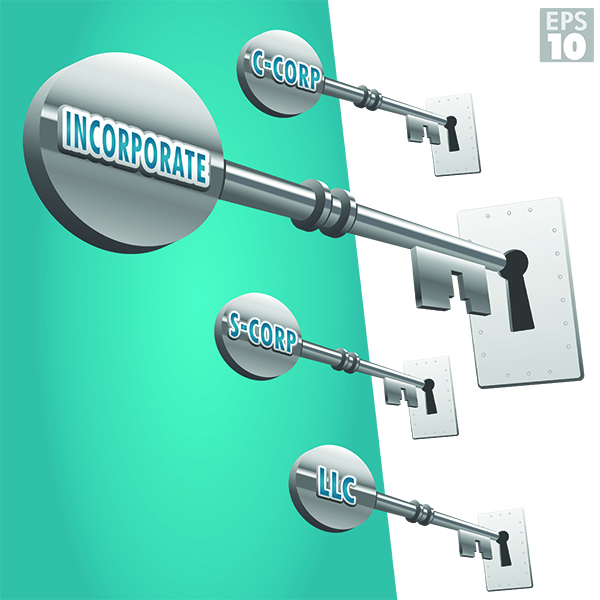Question: I am in escrow, and I have a vacation coming up that coincides with the closing date. Is this okay?
Answer: As with so much in life, it depends! It depends on where you are going, what your access to email/printer/fax machines is, and how much you may have planned ahead.
For most transactions, it is difficult, or even impossible to avoid documents that need to be signed by buyer and seller just prior to the close of escrow. Here are some of the methods one can use to sign documents remotely:
ELECTRONIC SIGNATURE: Recently, the practice of documents being signed by electronic signature in real estate transactions has become more common. Parties can register to create a digital signature, protected by password. There are several different providers of this type of service, in Southern California residential real estate transactions, Docusign is a prominent company. Once you are registered, documents can be accessed online, and you can “sign” them online. Many real estate contracts and disclosures are handled this way. Unfortunately, as it is fairly new technology, it is not acceptable in all situations, and in particular, it is not universally embraced by the lending industry at this time.
FAX/EMAIL: On the many closing documents that do not require “live” or “wet” signatures (the original ink signature of the party), it is perfectly acceptable for documents to be faxed or emailed to the party needing to sign. The documents can be printed, signed and sent back via fax or email. Of course this only works in situations where computers/printers and/or fax machines are available. Many hotels, and even cruise ships will provide this service.
POWER OF ATTORNEY: A party planning to travel, can grant Power of Attorney to another individual, PRIOR to their trip. This requires a specific type of Power of Attorney form, and the original notarized power of attorney is required at closing. Once in place, the person designated in the Power of Attorney can sign most documents required at a closing. The biggest caveat to that is, if a buyer wants another individual to sign loan documents on the buyer’s behalf at closing, this must be approved by the lender, during the underwriting process. A previous Ask Cynthia article has a lot more detailed information about powers of attorney.
NOTARIZATION: This is the biggest obstacle to closing an escrow while traveling. Many documents required for the closing of an escrow have to be recorded, and to be recorded, they must be acknowledged in the presence of a Notary Public. The County Recorder for the County the property is located in will have specific requirements for proper notarization of documents, to be acceptable for recording/closing. While the act of notarizing a document is NOT complicated, it varies from State to State, and we often have to request corrections on notarizations out of the State of California. Errors made by a Notary Public not familiar with California practices, can cause a delay in closing.
It becomes even more complicated if you are traveling abroad. When you are outside of the United States, it is required that you obtain your notarization of documents at the office of the American Consulate in the Country you are visiting. This can be difficult as Consulates are not generally located in remote areas, and there is often the requirement that an appointment, sometimes days in advance be made. There are a limited number of foreign countries that have a special treaty with the United States, and only in these particular countries can a local notary be used. Escrow can check with the title company to determine if it applies in your situation.
Sellers are generally required to have only a limited number of documents acknowledged by a Notary Public, most notably, the Grant Deed. It is common practice for escrow companies to provide the Grant Deed with opening documents, so that the seller can have their signature notarized well in advance of the closing. At closing, an original signed and notarized deed (not a fax or email) is required.
Buyers, on the other hand, are required to have multiple notarized signatures when they sign loan documents, issued just prior to the close of escrow. To further complicate things, loan documents may require dozens of signatures, and it is important to sign loan documents with a Notary Public who is familiar with loan documents. Finally, it is important to remember that the lender will require original signed and notarized documents (not fax or email) be returned, in order to fund and close the loan.
Communication: The most important thing to take away from all of this is that it is a good idea to make your escrow officer aware of your travel plans as soon as possible. This way it can be determined what will be required in your particular transaction. With communication delays in the close of escrow, due to travel by the parties, can be avoided or lessened.
 Cynthia Moller
Cynthia Moller
661.362.0400
cmoller@glenoaksescrow.com




